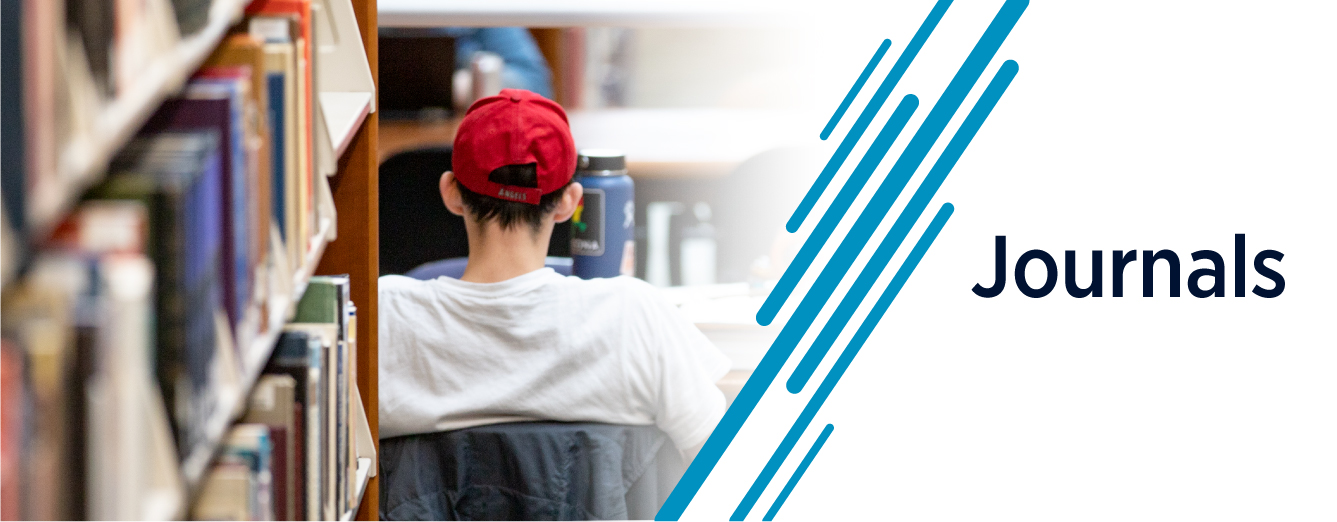Document Type
Article
Journal/Book Title/Conference
Decimonónica
Volume
12
Issue
1
Publisher
Decimonónica
Publication Date
2015
First Page
81
Last Page
96
Abstract
The events of the Glorious Revolution in Spain (1868), the establishment of the First Spanish Republic (1873–1874), and the Restoration of the monarchy (1875) inspired composers and librettists of Spanish musical theater to reflect on the expression of national culture through the unification of music, literature, and performance. Drawing from the well-established practice of refundiciones, or the rewriting of Spanish Golden-Age plays, many composers and librettists were intrigued by the potential for literary works from the national past to serve as foundations for relevant, yet entertaining, musico-dramatic works of the present. One such project was El Diablo Cojuelo: revista europea, cómico-fantástica en tres actos (1878), with music by nineteenth-century Spain’s most influential composer, musician, and early musicologist, Francisco Asenjo Barbieri (1823–1894), and text by Mariano Pina Domínguez (1840–1895) and Miguel Ramos Carrión (1851–1915).
Recommended Citation
Wolff, Victoria, "Darse al diablo: Spanish Literature, Music, and Society in El Diablo Cojuelo (1878) by Composer Francisco Asenjo Barbieri, and Librettists Mariano Pina Domínguez and Miguel Ramos Carrión" (2015). Decimonónica. Paper 8.
https://digitalcommons.usu.edu/decimononica/8


